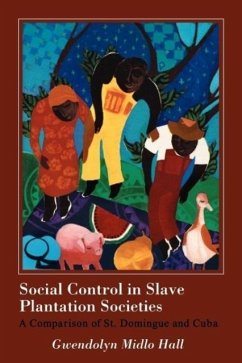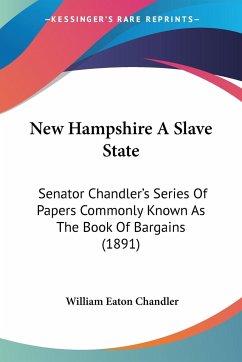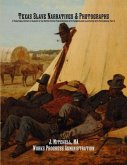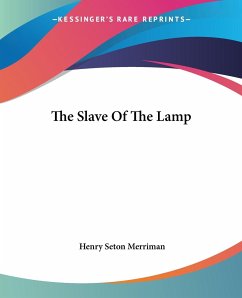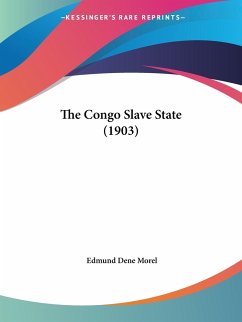First published in 1971, Gwendolyn Midlo Hall's comparison of two developing sugar plantation systems-St. Domingue's (Haiti) in the eighteenth century and Cuba's in the nineteenth century-changed the focus in comparative slavery studies. Hall establishes that slavery and race relations in any given time and place were determined by strategic needs, the raison d'etre of the colony, evolving economic and demographic factors, and above all, by the need to preserve social order in colonies where the slave population was large, active, competent, resourceful, and independent minded. She delineates a pattern of racism rising and entrenching itself as a matter of public policy, as a means of bolstering the exploitative system, a pattern that recurred throughout the hemisphere.

